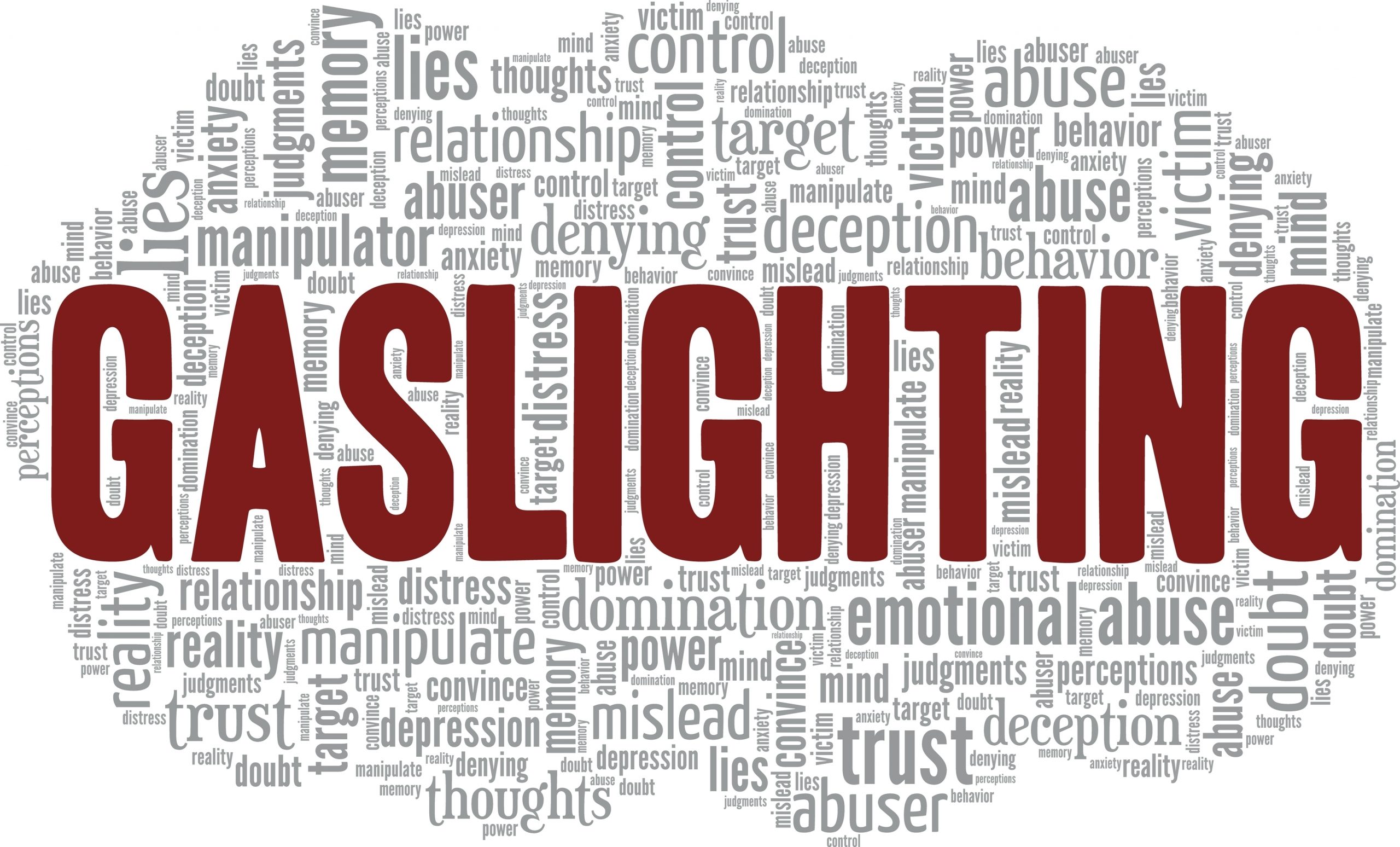Gaslighting vs Narcissism
What are the differences and what can you do?
Introduction
Although America is currently leading the way in terms of research and discussions surrounding issues of domestic abuse and personality disorders, these important issues are gaining coverage and discussion in the UK.
It can be difficult to recognise that your partner has been abusive towards you as often their behaviour will often take place behind closed doors. They will present a completely different persona when in public or around family members. This can cause you to doubt your version of events as they attempt to manipulate and control you.
It is therefore important to consider whether your partner may have a narcissistic personality disorder or whether they are exhibiting common traits of an abuser or narcissist. You can then find out what help is available if you are currently going through the family court with someone who you believe to be a narcissist.
What is Narcissism?
Narcissism is a personality disorder, which is a medical condition known as NPD. This can only be diagnosed by a qualified medical professional. It is estimated that between 1% and 5% of the UK population has a narcissistic personality disorder.
Even though someone may not be officially diagnosed as a narcissist, they can exhibit narcissistic tendencies and traits, such as:
- They have a sense of entitlement or self-importance – they believe that they are ‘special’, that people should be submissive to them and that they are an exception to the rules.
- They are happy to exploit other people for their own personal gain.
- They are envious of others that they believe are above them.
- They lack empathy – they will not consider your feelings or what is in the best interest of your children, as they cannot look past their own self interests.
- They need power and control – see our previous article on coercive and controlling relationships.
People who have narcissistic traits often have low self-esteem and will therefore put out a false persona to the world, to mask their own insecurities.
Narcissistic personality disorder can affect anyone of any age or gender. Research shows that it tends to affect males more than females and that it often begins in their teenage years or early adulthood. It can be difficult to treat NPD as the perpetrator will often refuse to acknowledge their condition or that they require assistance.
NPD can often cause problems in all areas of life, including work, school, financial matters and result in the breakdown of a relationship.
What is ‘Gaslighting’?
The term gaslighting originates from a play in the 1930’s in which a husband attempts to manipulate his wife to question her sanity through various abusive actions including dimming and brightening a gaslight to confuse her.
The issue of gaslighting has been covered and discussed to such an extent that Merriam-Webster chose ‘gaslighting’ as its word of the year for 2022, as there had been an increase in over 1,700% in searches for that term.
Gaslighting has been used in a published High Court judgment in the family courts in 2022, which has helped give greater credibility and legitimacy to the term.
Broadly speaking, gaslighting refers to when your partner will attempt to manipulate you into questioning your perception of events and reality, forcing you to doubt your own memory by insisting on a false narrative.
Common examples of gaslighting are as follows:
- ‘‘I never said that.’’
- ‘‘That never happened.’’
- ‘‘You’re crazy and your friends/family think you are as well.’’
- ‘‘I’m sorry that you think that I upset/hurt you.’’
- ‘‘Do you really think I would lie about that.’’
- ‘‘You’re too sensitive… you should have known how I would react.’’
- ‘‘I am worried about you as you keep forgetting things / you have a terrible memory.’’
These behaviours can also unfortunately isolate you from your friends, family and support networks. Your partner may attempt to manipulate you to believe them over your friends and family, so that you are more reliant on them and there is less chance of you disclosing the behaviour you are being subjected to.
What are the differences between Gaslighting and Narcissism?
The main difference is that narcissism is a diagnosable personality disorder while gaslighting is a form of psychologically abusive behaviour designed to make you feel as though you are unable to trust your own thoughts.
Gaslighting does not form part of the NPD diagnosis, however, many people who have this personality disorder may use gaslighting in their relationships. Not everyone who has used gaslighting techniques does not have narcissism personality disorder though.
What can I do?
Although the terms ‘gaslighting’ and ‘narcissism’ are used to describe an ex-partner during proceedings, it is important to focus on the relevant information that the court will require about your personal circumstances. This is because there will often be no official diagnosis that they have NPD.
If you are applying for a protective injunction, such as a Non-Molestation Order or an Occupation Order, specific details of incidents of your ex-partners behaviour towards either yourself and/or your children are important for the court to decide whether you need protection. It is advisable to keep a record documenting incidents of specific behaviour or interactions, as it may assist you with providing supporting evidence of patterns of behaviour. If at any stage you feel concerned for your personal safety, you should contact the police.
When you have decided to divorce your narcissistic ex-partner, this is a huge step in the process of beginning to regain control of your life. As your ex-partner will not want to relinquish control, you should expect them to be difficult and obstructive at every stage of the divorce, to punish you for seeking independence. That is why it is important to ensure that you make objective decisions that are in the best interests of yourself and any relevant children. It is extremely important that you seek legal advice when dealing with a narcissist in the family court.
If you are experiencing difficulties following your separation from a narcissist, we are able to assist. Please call us or email enquiries@ejcoombs.co.uk and speak to one of our experienced specialist family lawyers.



